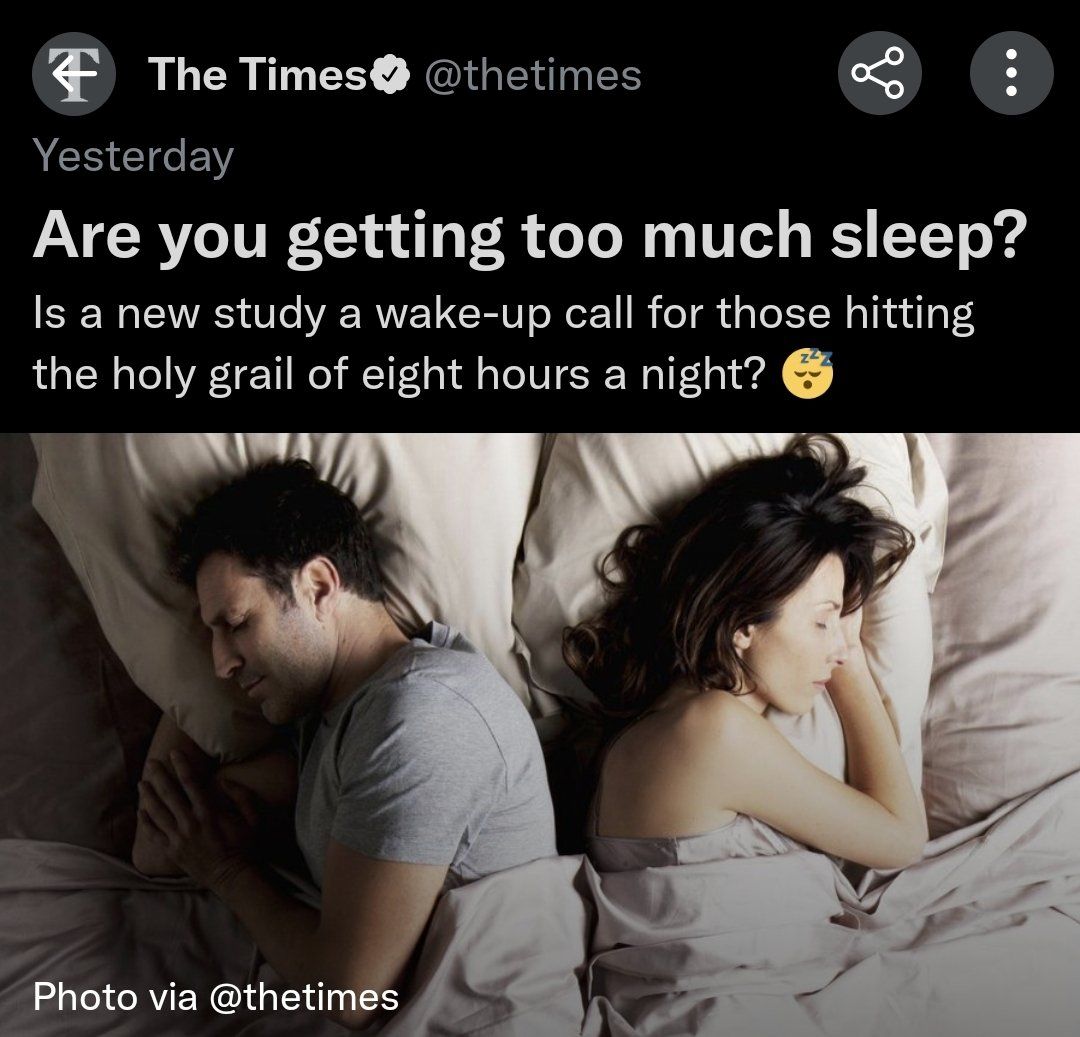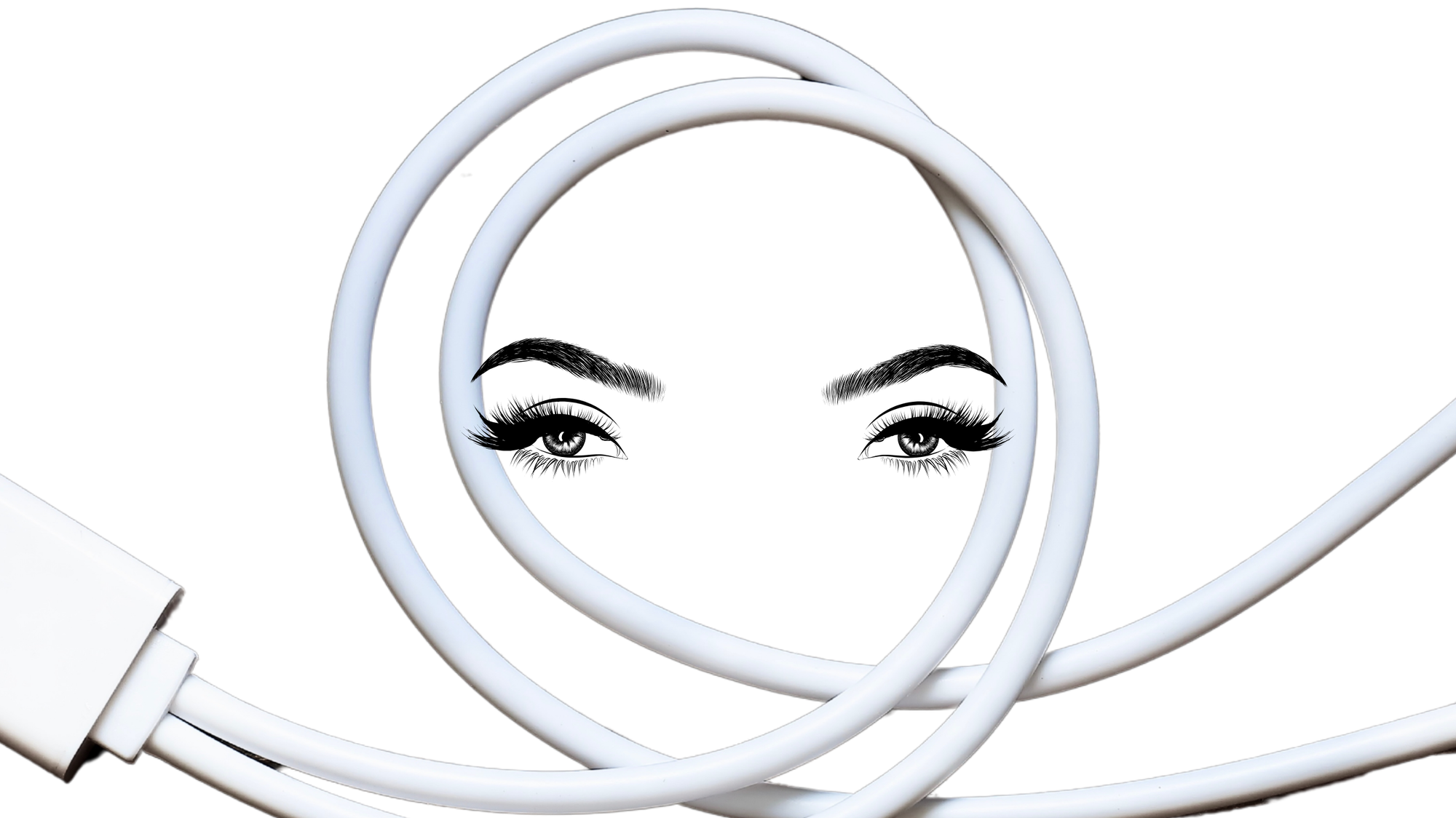
🏆 Collector's edition: Bizarre Mental Health Headlines Awards
Celebrating the ugly, the bad, and the rare good news headline on mental health.
Okay people. Here's Sanity's last edition for 2022 and my year-end gift to you: our first-ever Annual Mental Health Headlines Awards.
For some time now, I've been collecting mental health-related news headlines. Sanity was, after all, born partly as a response to the crappy way in which the media traditionally covered mental health. The headlines in my collection (a few of them are from 2020 and 2021, but their spirit is well and truly alive) range from the pointless to the bizarre to the cringeworthy to the (infrequently) thought-provoking, and together they tell a curious, powerful, and often frustrating story.
To be fair, there's a lot of fantastic writing on mental health out there, so this isn't meant to be a snarky scroll of doom. The reality is, many readers – I know you aren't among them – will simply skim the headline and move on, so how the media uses that precious piece of real estate can have an outsize bearing on public attitudes towards mental health. Do they write headlines that capture the nuances and complexity of mental health? Or do they crank out headlines that reinforce myths and stereotypes? These are important questions at a time when news coverage of mental health as a topic is exploding, thanks to the pandemic.
Please note that this exercise is absolutely NOT meant to be a personal jibe against the individual writers or editors who worked on these stories and headlines, which is why I have cropped out their names (except in the last headline, because that one's my favourite in an unironic way). I know full well the byzantine logic that newsrooms often have to follow to give their stories a fighting chance in the face of whimsical algorithms. Neither do I claim to have mastered the art of headline writing or be immune to mistakes myself. Treat this for what it is: a document of our times, and hopefully a cue for all of us to do better.
I hope you have a peaceful and restful end to the year, wherever you are. I will see you soon. Love - Tanmoy
PS: I desperately need your help to stay afloat in 2023. Support me now by choosing one of the options below:
1. JUST WRONG
Headlines that are, well, simply wrong.



